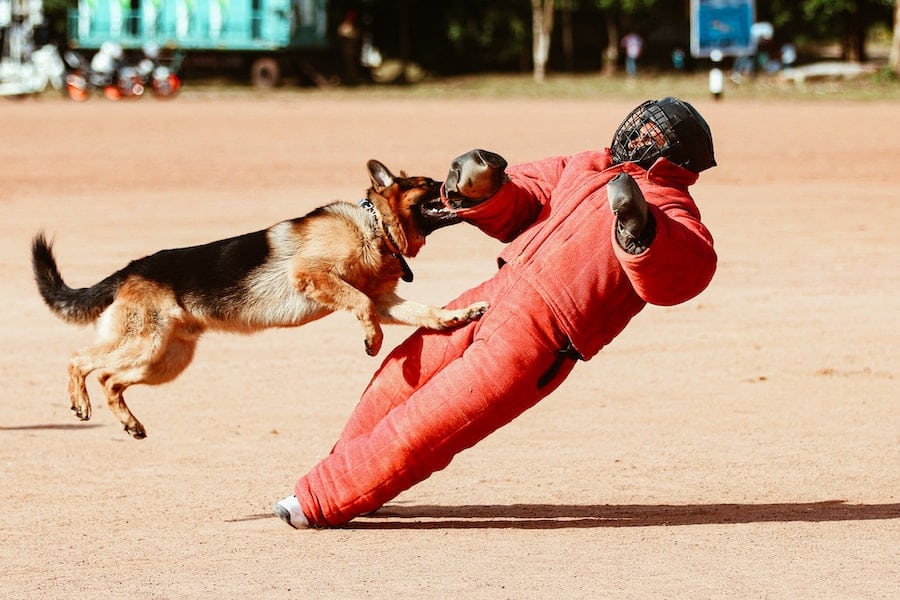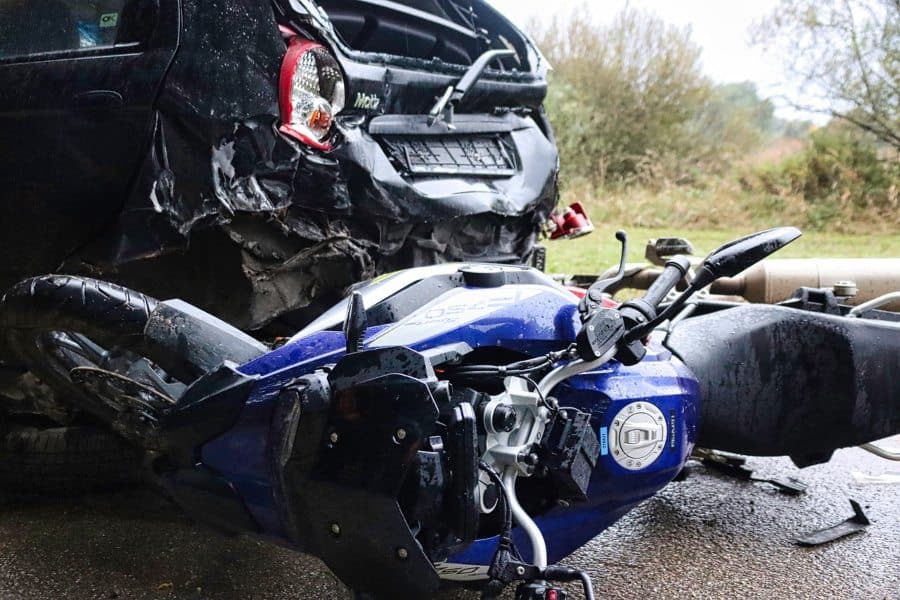Animal attacks can be frightening and traumatic experiences, often resulting in physical and emotional distress for the victims. In such situations, knowing your rights and assessing whether you have a strong animal attack case is essential.
Whether you were bitten by a dog, attacked by a wild animal, or injured in any other way due to someone else’s negligence, this article will guide you through the key factors to consider when determining the strength of your animal attack case.
Identify The Responsible Party
The first step in evaluating the strength of your animal attack case is to identify the party responsible for the animal. If the attack occurred in a public place, this may be a pet owner, a property owner, or even a government entity.
The strength of your case depends on establishing clear liability on the part of the responsible party.
Prove Negligence
To have a strong animal attack case, you must demonstrate negligence on the part of the responsible party. Negligence can be established by showing that the owner failed to exercise reasonable care in controlling or restraining the animal. Evidence of negligence may include:
- Lack of proper enclosure or restraint: If the owner fails to provide adequate containment for the animal, such as a leash or a fence, it can be a clear sign of negligence.
- Prior aggressive behavior: This can strengthen your case if the animal has a history of aggressive behavior, especially if the owner is aware of it.
- Violation of local laws: If the owner violated local animal control laws or ordinances, it can be evidence of negligence.
Document Your Injuries
The strength of your case will also depend on the extent of your injuries. It’s crucial to seek immediate medical attention and thoroughly document your injuries.
This includes medical records, photographs of your injuries, and any medical bills or receipts related to your treatment. The severity and permanence of your injuries can significantly impact the value of your case.
Gather Witness Statements
Eyewitnesses can play a vital role in strengthening your animal attack case. Collect statements from individuals who witnessed the attack and can testify about the circumstances leading up to it and the behavior of the animal and its owner.
Consult With A Lawyer
Legal matters can be complex, and personal injury cases involving animal attacks are no exception. To assess the strength of your case and navigate the legal process effectively, it is advisable to consult with experienced Animal Attack Lawyers. They can help you understand your rights, guide you through the legal process, and advocate.
Understand Comparative Negligence
Sometimes, the victim’s actions may have contributed to the animal attack. Understanding comparative negligence is crucial, as it can affect the compensation you are entitled to.
Your lawyer will help you determine whether your actions played a role in the incident and how it may impact your case.
Evaluate Potential Damages
To have a strong animal attack case, you should clearly understand the damages you have suffered.
These may include:
- Medical expenses: Costs associated with your medical treatment, including surgery, hospitalization, and rehabilitation.
- Pain and suffering: Compensation for the physical and emotional distress caused by the attack.
- Lost wages: If you cannot work due to your injuries, you may be entitled to compensation for lost income.
- Property damage: Document these losses if your personal property was damaged during the attack.
Strengthening Your Case
Facing a legal challenge or pursuing a lawsuit can be a daunting process, but there are several essential strategies you can employ to strengthen your case and increase your chances of a favorable outcome.
Whether you’re dealing with a personal injury case, a business dispute, or any other legal matter, these tips can help you build a robust and compelling case.
Document Everything
Thorough documentation is the cornerstone of a strong case. This includes keeping records of all relevant communication, such as emails, letters, text messages, and phone calls.
Maintain a detailed journal with dates, times, locations, and descriptions of important events related to your case. Collect and organize any physical evidence, photographs, or videos supporting your claims.
Secure Reliable Witnesses
Witnesses can provide crucial testimony to support your case. Identify and approach individuals who have firsthand knowledge of the events in question. These witnesses can include friends, family members, coworkers, or experts in relevant fields.
Ensure your witnesses are willing to testify on your behalf and gather their statements as soon as possible.
Adhere To Deadlines
Legal proceedings often involve strict deadlines for filing documents, responding to motions, or serving notices.
Missing deadlines can harm your case, so stay organized and keep track of all time-sensitive tasks. If you need clarification on deadlines, consult your lawyer to ensure compliance.
Be Truthful And Consistent
Honesty and consistency are essential in building trust with the court and opposing parties. Be truthful in all your communications, whether written statements, depositions, or testimony. The opposing side can exploit Inconsistencies or contradictions to weaken your case.
Negotiate When Appropriate
Not all legal disputes need to go to trial. In many cases, negotiations, mediation, or settlement discussions can lead to a favorable resolution without the time and expense of a courtroom battle. Be open to exploring alternative dispute resolution methods if they align with your goals.
Conclusion
Determining whether you have a strong animal attack case involves assessing liability, proving negligence, documenting injuries, gathering evidence, consulting with a lawyer, and understanding potential damages.
If you believe you have a valid claim, it’s essential to act promptly, as statutes of limitations may limit the time you have to file a lawsuit.
Seeking legal guidance from a qualified lawyer will help you navigate the complexities of your case and pursue fair compensation for your injuries and suffering.








